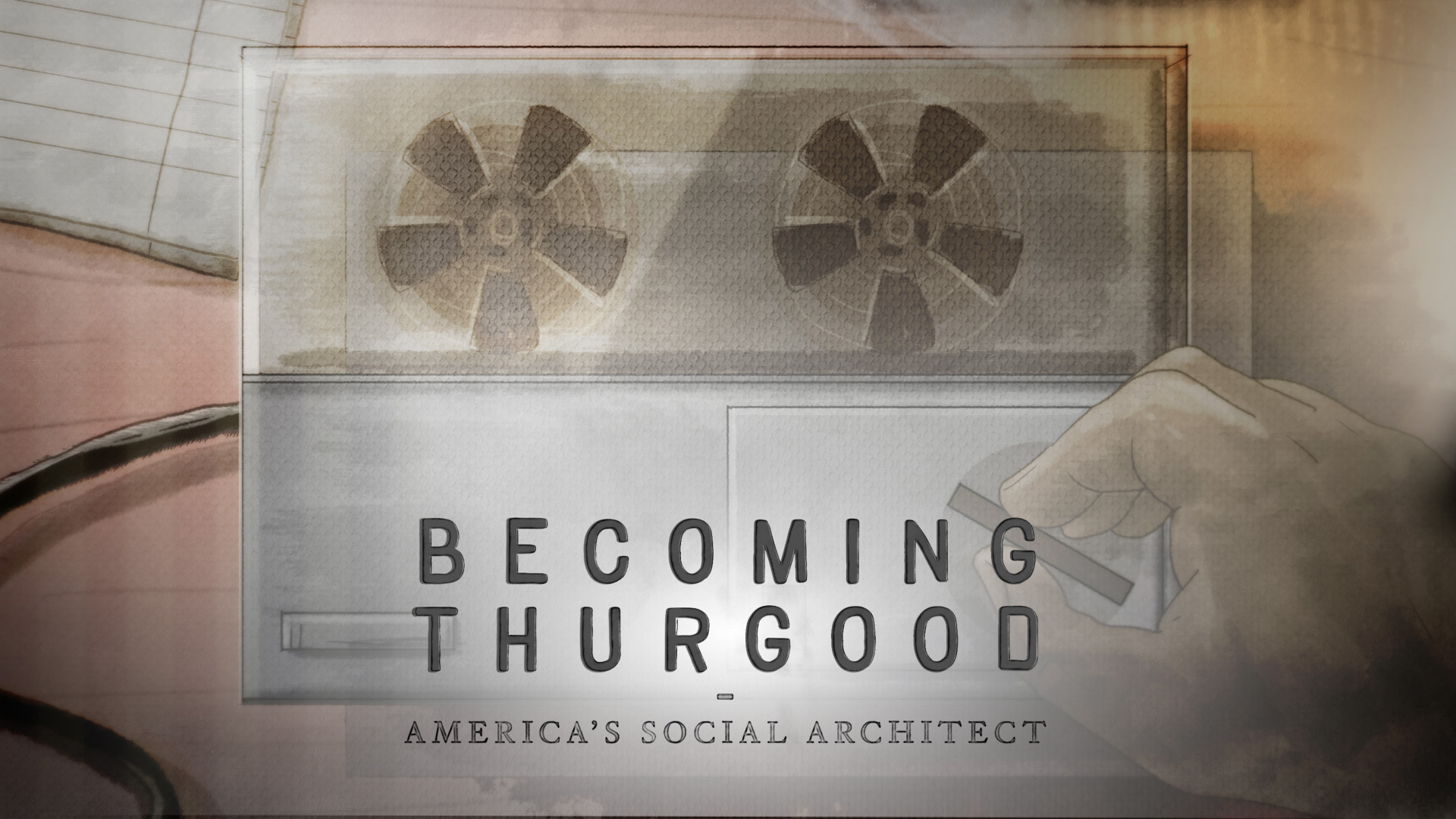The Important Role of HBCUs During Social Movements

The Important Role of HBCUs During Social Movements
In the past, African Americans, both free and enslaved, were denied an education and entry into white colleges and universities. As a result, many were self-taught or educated in Black churches or one-room schoolhouses. Starting in 1837, Historically Black Colleges and Universities (HBCUs) emerged to combat racial discrimination in education. By the 1860s, the Freedman’s Bureau, the American Missionary Association, the African Methodist Episcopal (AME) Church, and the AME Zion Church helped establish more HBCUs in the southern states to provide African Americans with formal education.
Thurgood Marshall attended and graduated from two HBCUs: Lincoln University and Howard University. HBCUs provided safe, empowering spaces to educate African Americans, preparing them for professions such as teaching, medicine, law, and engineering. Education was valuable and powerful because it built a new future, helping African Americans move into the middle class and fight against injustices in the United States and around the world.
Objective
Students will be able to interpret and explain the historical significance of HBCUs on social movements.
Essential Questions
- What is the historical significance of HBCUs on social movements?
Vocabulary
SUPPLEMENTAL ENRICHMENT ACTIVITIES
The History of HBCUs
Over 100 Historically Black Colleges and Universities have been founded in the United States since 1837. These educational institutions serve as spaces for African Americans. What is an HBCU? Why were HBCUs created?
Use the Britannica webpage to explore what an HBCU is and why they were created in the United States.
The Impact of HBCUs
Since their start, HBCUs have been important educational institutions for African Americans. HBCUs were aligned with freedom movements and empowering for those who attended. Their role in promoting equality and social change continues today. What impact did HBCUs have on the lives of African Americans? What impact did HBCUs have on social movements?
Watch the Historically Black Colleges and Universities video excerpt to better understand the impact of HBCUs on African Americans and social movements.
PBS: Historically Black Colleges and Universities | Making Black America
Similarities and Differences between HBCUs
Thurgood Marshall received his formal college education from HBCUs. He earned his undergraduate degree from Lincoln University, and he earned his law degree from Howard University. Both HBCUs positively impacted Marshall because both of these institutions instilled a sense to use his education and skills to fight for racial justice. What are some similarities and differences between various HBCUs?
View the webpages of both Lincoln University and Howard University to identify some similarities and differences between the two HBCUs.

